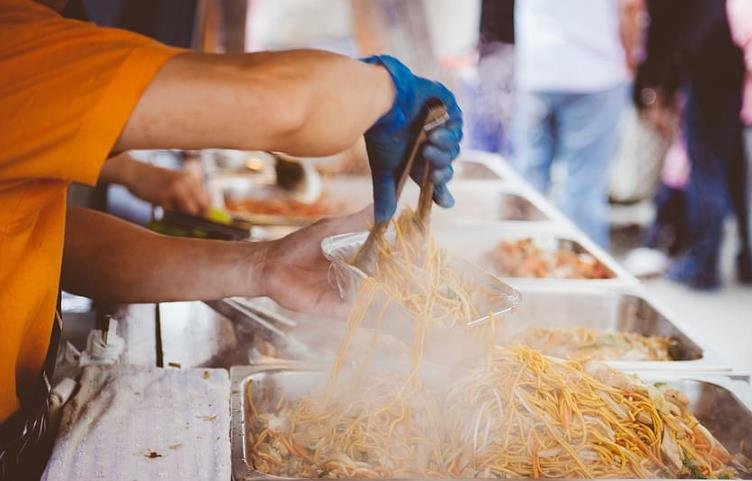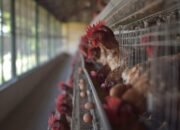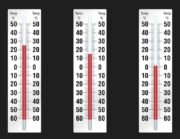The UK food industry has warned that the new ‘Not for EU’ labels that will be required on all food products sold in the UK will deter investment and increase costs. The labels are part of the post-Brexit deal with the EU to reduce checks on British products entering Northern Ireland.
The ‘Not for EU’ labels are part of the Windsor Framework, which was agreed by the UK and the EU in December 2023. The framework aims to ease the trade frictions caused by the Northern Ireland Protocol, which kept Northern Ireland in the EU single market for goods after Brexit.
Under the framework, UK public health and safety standards will apply for all retail food and drink in the UK internal market. That means British traders who are sending food for sale in Northern Ireland will face no routine checks and minimal paperwork. The framework also allows Northern Ireland to benefit from UK trade deals with other countries.

However, the flipside of this is the introduction of ‘Not for EU’ labels on British food products, to give a level of assurance to the EU that products would not wrongly enter its single market. The labels will be phased in gradually from October 2024, starting with prepacked meat and fresh milk, and extending to other goods by July 2025.
The industry’s concerns
The food industry has expressed its concerns over the new labelling rules, saying they will have negative impacts on the sector. The industry argues that the labels will:
- Deter investment in the UK food sector, as foreign companies may be reluctant to invest in a market that is isolated from the EU.
- Increase costs for British producers and retailers, as they will have to change their packaging and labelling systems, and pass on the costs to consumers.
- Reduce choice for British consumers, as some products may become unavailable or more expensive due to the labelling requirements.
- Damage reputation of the UK food sector, as the labels may imply that British products are inferior or unsafe for the EU market.
One industry body executive quoted a UK dairy company as saying new labels alone will cost it £1m a year. Another industry body said the labels will create a ‘two-tier’ system that will undermine the UK’s global reputation as a food exporter.
The government’s response
The government has defended the new labelling rules, saying they are necessary to protect the integrity of the UK internal market and the peace process in Northern Ireland. The government says the labels will:
- Simplify trade between Great Britain and Northern Ireland, as British traders will no longer have to comply with EU rules and regulations for food products.
- Preserve sovereignty of the UK, as the UK will be able to set its own standards and rules for food products, and strike trade deals with other countries.
- Respect identity of Northern Ireland, as Northern Ireland will remain part of the UK internal market and customs territory, and avoid a hard border with the Republic of Ireland.
Foreign Secretary James Cleverly confirmed that the labels will be required across the UK for ‘practical and philosophical’ reasons. He said retailers wanted a common labelling regime across the UK, and that Northern Ireland, as part of the UK, should follow the same rules as the rest of the country. The government has also said it will provide financial support to help businesses with the labelling change.
















